Michelle Malkin Investigates – Fishing Wars | Drowning in Regulations
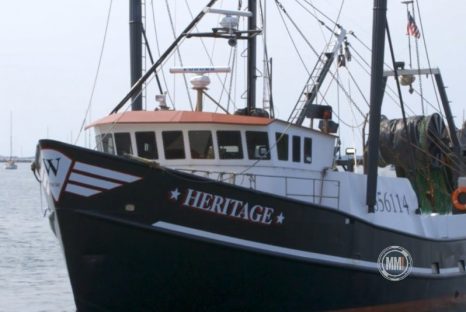
Commercial fishing boats in New England are going under at an alarming rate, and hard-working families are being demonized by a multimillion-dollar environmental industry whose only product to sell is fear. In this episode, Michelle Malkin travels to the Northeast to hear the stories of people in the fishing industry who are drowning in government regulations. >Watch the full version, click here< 13:25

































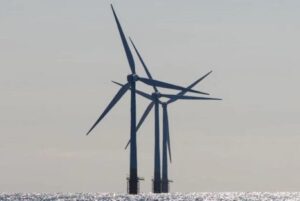






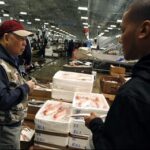
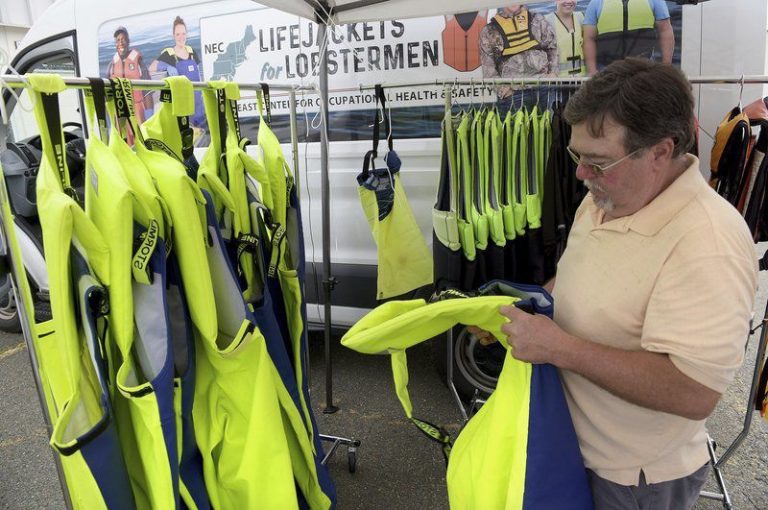
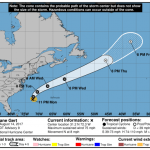

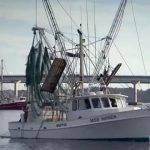



great program
Well done , And very accurate , and the true picture of whats happening in commercial fishing today, ALL AMERICANS SHOULD SEE ,Michelle Malkin INVESTIGATES –Fishing Wars Drowning in Regulations !!
I come from a long line of men who made their living on the water so naturally I don’t want to see this way of life disappear. However, there is a reason why the fishing industry is regulated. That would be because man in general can’t seem to regulate himself…just think Dodo birds, Passenger pigeons, Western black rhinos, Caribbean monk seals, sea minks and the list of extinct species goes on and on. Each person just wanted to make a living but the bigger picture is this resulted in over fishing and then regulations. So maybe the regulations need to be updated but not scraped altogether. Left to our own devices we will wipes whole species off the face of the earth.
Mary where did you get that fishermen want regulations “scrapped altogether”? Certainly not from this video. Please take a closer look at the concept and definition of “overfishing” and the data sources therein. And please understand the important points in this video: the regulations are grossly out of whack and the fishermen have the most to lose by irresponsible behavior, namely their livelihood and their children’s future. There are major industrial forces (Exxon Mobil oil, gas, wind, Microsoft, Intel, Hewlett-Packard, Walmart etc.) funding the “environmental” groups that are most hostile to fishing. They are using propaganda and some very un-scientific talking points (i.e., “fishermen are out to catch the very last fish” or “…there will be only jellyfish left by 2048” etc.) to help clear the way for energy industries and others to exploit the Outer Continental Shelf where most fishing takes place. There’s a lot more going on here besides what you read in the Boston Globe or NY Times. Thanks for your concern and attention.
Dicky… fishermen… and women…as a group may not be out to catch every last fish in the world but each individual is out to catch every last fish he or she can on any given trip. And there in lies the problem because the result is the same. And it isn’t just fish…crabs, lobster, clams, oysters and conchs. And it’s nothing new. I remember my dad telling me that my grandfather’s shucking house shipped a million clams out on the Wednesday before Thanksgiving one year and that was in the fifties or sixties. And that was just one of many shucking houses in the community. No species can stand up to that kind of over harvesting. And they all reaped the consequences of that in the 1970s when the shellfish industry almost died out on the Eastern Shore of Virginia. It wasn’t until over a decade later when one man figured out how to spawn clams and oysters in large tanks that the industry fully recovered. People we’re able to take the spats and reseed their beds. There will never be regulations that make everyone happy.
I’m still trying to have someone give me an example of one fish species that has been commercially exploited to extinction. The need for regulation is real. We all get that. But, they have to be tempered with allowing for the survival of those who pursue this industry. Today this is not the case. Comparing fishermen to those who hunted black rhino’s is an insult to those who seek common sense regulations that won’t turn FISHERMEN into an extinct species.
People are people no matter what they are hunting or why. So no it’s not an insult just an observation. Remember… I grew up in a community of watermen. My grandfather owned a shucking house that shipped all over the country and sold chowder clams to Campbell’s Soup in the sixties. Over harvesting crippled the industry in the seventies and it took decades for it to recover. And isn’t that why limits were put on strippers…over fishing? In the case of my community people started knocking down shucking houses and building motels. We still have a seafood industry but tourism pays most of the bills these days. I certainly don’t have all the answers and I hope we manage to figure this out.
I guess one persons insult is another persons observation. Speaking of observation, what I observe every day I am on the water is a totally out of touch regulatory system that is in no way shape or form reflective of what the government or the enviroscum try to portray as truth.
I’ve been fishing for 40 years and have never seen so many fish. These fish are what I and my fellow fishermen were told would be our reward for the sacrifices we have made over the past twenty years. Those promises ring hollow but I never trusted those in charge to begin with.
It’s all a game and a scam to generate money for these so called environmentalist’s. Demonize and reap the rewards.
I guess importing the 93% of the seafood our nation consumes isn’t enough for you.
Well done , We in this industry should support reporting such as yours and documentry’s like Dead in the Water that try to bring the truth to light. The need for regulation is unquestionable. I fished alongside foreign vessels and was part of an unregulated domestic fleet and saw what damage can be done.But the present is a vastly different. I just made a 48 hr trip and only saw one other fishing boat in an area where years ago there would have been dozens.Nature can’t be controlled so effort has become the focus of government regulation. Management has become an industry of it’s own and no-one wants to lose their job. Environmental leadership has also created an off-shoot of their industry by portraying us as the bogeyman to fuel the fire of antagonism towards our industry. I ask why. Intelligent people don’t tear something down without plans to replace it. It’s my belief that it all has more to do with above surface uses and what lies beneath the ocean floor than what swims in it.